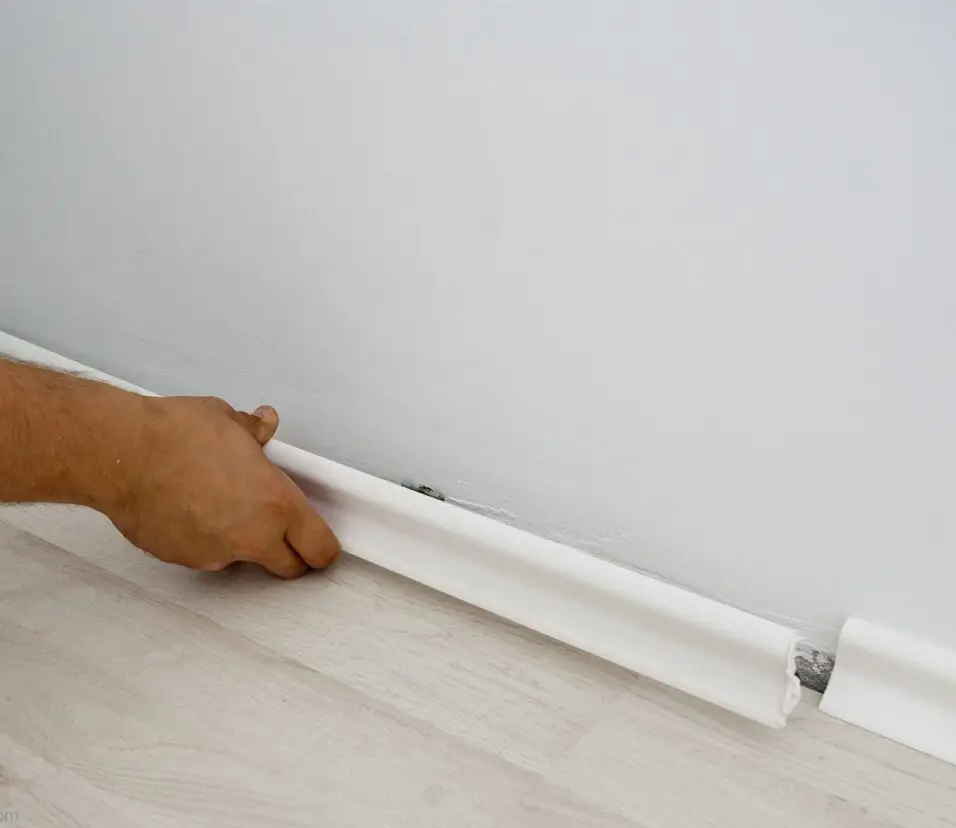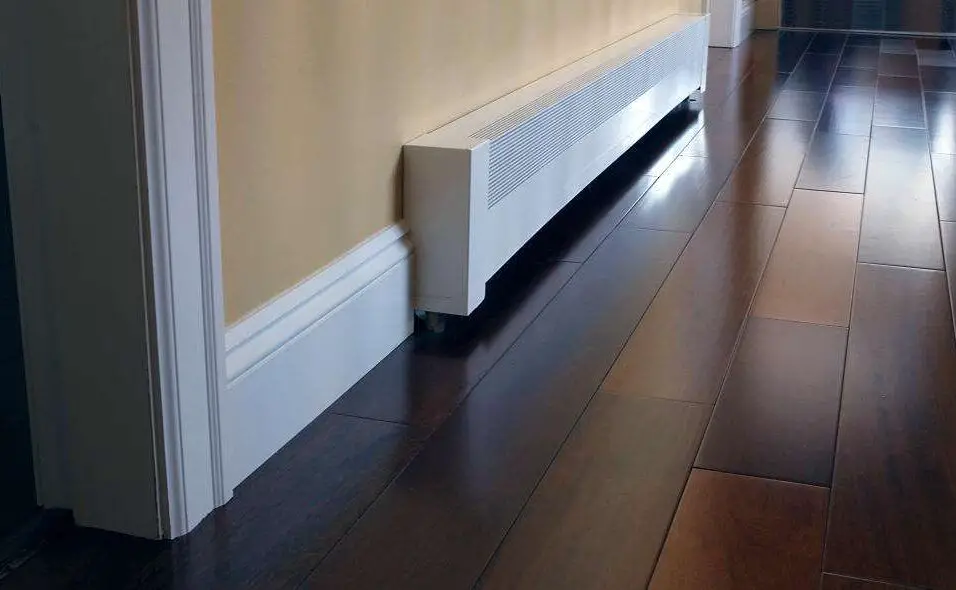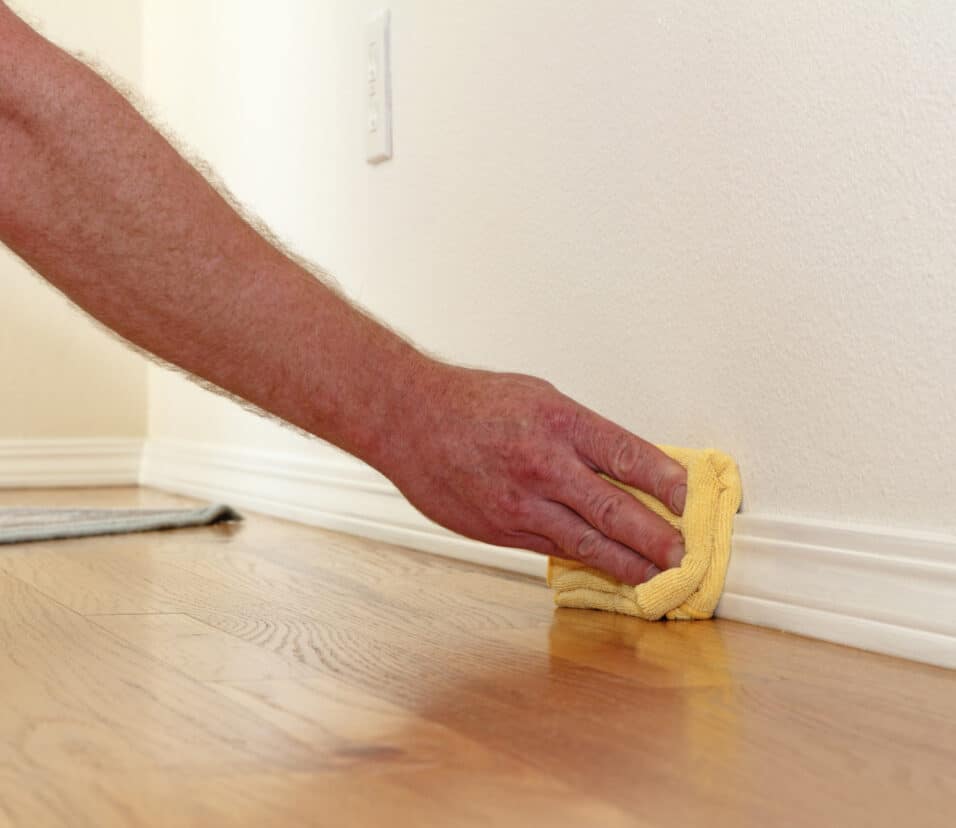Are Baseboard Heaters Safe
Introduction
Are Baseboard Heaters Safe: Baseboard heaters are a popular choice for heating homes and offices, providing a cost-effective and efficient way to warm up a space. These heaters are typically installed along the baseboard of a room and use convection to circulate heat throughout the area. However, many people have concerns about the safety of baseboard heaters and whether they pose any risks or hazards.
One of the main concerns with baseboard heaters is the potential for fire hazards. Since these heaters rely on electricity to generate heat, there is always a risk of electrical malfunctions or overheating. If the wiring or internal components of a baseboard heater become damaged or worn out, it can lead to a short circuit or electrical fire. Additionally, if flammable materials such as curtains or furniture are placed too close to the heater, they can easily catch fire.
Another safety concern with baseboard heaters is the risk of burns. These heaters can become extremely hot, especially along the surface where the heat is emitted. If someone accidentally touches the heater or comes into contact with it, they can suffer from severe burns. This is particularly dangerous for young children or pets who may not understand the dangers of touching a hot surface.

Is it safe to sleep with baseboard heater on?
Baseboard heaters are safe, however overuse can cause fires. These safety and maintenance tips can prevent fires and maximize room heating. Keep airflow open.
Many ask if sleeping with a baseboard heater on is safe. Baseboard heaters are popular because they heat homes efficiently and consistently. However, sleeping with a baseboard heater on raises safety concerns.
One of the biggest concerns is the potential of fire. Baseboard heaters can spark fires if positioned too close to flammable things like curtains or bedding. To avoid mishaps, provide extra space around the heater. Additionally, it is necessary to frequently inspect the heater for any symptoms of damage or failure that could raise the risk of a fire.
Carbon monoxide poisoning is another risk. Baseboard heaters do not emit carbon monoxide, but fuel-burning systems like gas or oil furnaces can. Carbon monoxide detectors should be installed in the room with the heater to warn of unsafe amounts.
Consider how a baseboard heater affects your sleep. Some people find that the noise and dry air produced by the heater can make it difficult to sleep. Consider alternative heating methods or utilizing a humidifier with the heater if you are sensitive to noise or have respiratory concerns.
While sleeping with a baseboard heater on is generally safe, there are certain precautions. Safety measures include clearing around the heater, assessing for damage, and having a carbon monoxide detector. Additionally, sleep quality must be considered. By taking these steps, you may sleep comfortably with a baseboard heater.
Does baseboard heat use a lot of electricity?
If you rely mostly on electric baseboard heaters to heat your home, they probably make up a big part of your annual electricity bill – sometimes as much as 44%. However, there are plenty of ways to maximize the efficiency of your baseboard heaters to cut down your winter heating costs.
Baseboard heat is a common heating system found in many homes. It consists of electric heating elements installed along the baseboards of a room, which radiate heat into the space. One of the concerns homeowners often have is whether baseboard heat uses a lot of electricity. The answer to this question depends on several factors, including the size of the room, insulation, and the temperature settings.
Temperature settings: The temperature settings on the baseboard heat system also affect electricity usage. Higher temperature settings will require the heating elements to work harder and use more electricity. Lower temperature settings, on the other hand, will use less electricity but may not provide sufficient warmth in colder climates.
It is important to note that baseboard heat is generally considered to be an efficient heating system. Unlike forced-air systems, which can lose heat through ductwork, baseboard heat directly radiates heat into the room. This means there is less heat loss and, therefore, less wasted energy. Additionally, baseboard heat allows for individual temperature control in each room, which can further contribute to energy savings.
Do people still use baseboard heaters?
Baseboard heaters were once the standard heating solution for homes across America, but now they’ve become outdated. They no longer offer the modern comforts that an HVAC system could provide. However, that doesn’t stop many people from maintaining the ones they have at home.
Baseboard heaters have been a popular choice for heating homes for many years. However, with the advancement in technology and the introduction of more efficient heating systems, many people wonder if baseboard heaters are still in use today. The answer to this question is not a simple yes or no, as it depends on various factors such as the location, climate, and personal preferences of homeowners.
Baseboard heaters are also known for their zone heating capabilities. Unlike central heating systems that heat the entire house, baseboard heaters can be installed in individual rooms, allowing homeowners to control the temperature in each room separately. This can lead to energy savings as homeowners can choose to heat only the rooms that are in use, rather than wasting energy on unoccupied spaces.
However, it is important to note that baseboard heaters may not be the most energy-efficient option available. While they are effective at providing localized heat, they can be less efficient compared to other heating systems. This is because baseboard heaters rely on convection to distribute heat, which can result in heat loss through windows, doors, and walls. Additionally, baseboard heaters can take longer to heat up a room compared to other systems.
Are baseboard heaters safe for babies?
Baseboard heaters and other heat sources might be dangerous for children. Children should not touch baseboard heater elements, which can cause serious burns.
Baseboard heaters are efficient and steady, making them a popular home heating option. However, baby safety concerns must be addressed. Parents must recognize baseboard heater concerns and take actions to protect their children.
Burns are a major concern with baseboard heaters. The metal fins that distribute heat can get very hot in these heaters. Curious, immobile babies may accidently touch the heated surface, burning themselves. Avoid placing toys or furniture around the baseboard heater because babies can reach them. Installing a heater cover or protection can also avoid direct contact with the hot surface.
Release of toxic vapors or gasses is another risk. Electric baseboard heaters emit no combustion byproducts like gas or oil heaters. If the heater is old or badly maintained, dust or dirt may accumulate inside, releasing dangerous particles when turned on. Clean and inspect the baseboard heater often to ensure it’s working correctly and not a health concern to the infant.
Electrical safety is another issue with baseboard heaters. Naturally curious babies may touch or play with heater cords or switches. This can cause electrical shocks and other hazards. Keep the cords out of reach and use outlet covers or cord protectors to prevent the infant from touching the heater’s electrical components.
Baseboard heaters can heat a home, but parents should be aware of their risks to babies. Even with baseboard heaters, parents can keep their children safe by clearing the area, installing protective coverings, and maintaining them.
What are the disadvantages of baseboard heating?
Baseboard Heater Cons
Costlier to run: Expect higher utility bills than HVAC air. Heat from electric baseboard heaters is dangerous. Poorly maintained, they can catch fire. Furniture and curtains should be six inches apart to prevent fires.
Many homes utilize baseboard heating, but it has problems. It may heat effectively, but homeowners should examine its drawbacks before installing it.
Inefficiency plagues baseboard heating. Unlike central heating, baseboard heating heats the rooms where the baseboards are. Baseboards may be needed to heat multiple rooms in a large home. Costly and time-consuming.
Another problem of baseboard heating is electricity use. Electrical baseboard heaters use more energy. Power outages also leave you without heat until it’s restored. In colder climates, heat loss can create frozen pipes and other issues.
Additionally, baseboard heating may not heat large spaces well. Baseboard heat rises to the ceiling, slowing room warming. Residents may be uncomfortable due to temperature fluctuations. However, central heating systems warm every space uniformly.
The baseboard heating may be unsightly and wall-mounted. Room baseboards restrict furniture placement and make decorating challenging. Homeowners who appreciate aesthetics and want a heating system that fits their home’s style may find this disappointing.
Baseboard heaters, like other heating systems, are unsafe. Fire is dangerous. Incorrectly maintained or fitted baseboard heaters can overheat and catch fire due to electrical resistance. Keep curtains and furniture away from heaters to prevent ignition.
Are there any specific safety precautions that need to be taken when using baseboard heaters?
Furthermore, regular maintenance is essential to ensure the safe operation of baseboard heaters. This includes cleaning the unit regularly to remove dust and debris that can accumulate and potentially cause overheating. It is also important to inspect the heater’s wiring for any signs of damage or wear, and to promptly replace any faulty components.
How do baseboard heaters compare to other types of heating systems in terms of safety?
Baseboard heaters are generally considered to be a safe heating option when compared to other types of heating systems. One of the main reasons for this is that baseboard heaters do not have any exposed heating elements, which reduces the risk of burns or fires. Unlike space heaters or radiators, baseboard heaters are typically installed along the baseboard of a room and are designed to be out of reach, especially for children or pets.
Additionally, baseboard heaters do not require any fuel, such as gas or oil, to operate. This eliminates the risk of carbon monoxide poisoning or gas leaks, which can be associated with other heating systems. Baseboard heaters also do not have any moving parts, reducing the risk of mechanical malfunctions or accidents.
Are there any common issues or malfunctions that can make baseboard heaters unsafe?
Yes, there are several common issues or malfunctions that can make baseboard heaters unsafe. One of the most common issues is overheating. If a baseboard heater is not properly maintained or if it is covered with curtains, furniture, or other objects, it can overheat and pose a fire hazard. It is important to keep the area around the baseboard heater clear and ensure that there is proper airflow to prevent overheating.
Another common issue is electrical problems. Baseboard heaters rely on electricity to function, and if there are any wiring issues or electrical faults, it can lead to safety risks. It is crucial to have a qualified electrician install and regularly inspect the baseboard heater to ensure that the electrical connections are secure and there are no potential hazards.
In addition, baseboard heaters can also pose a risk of burns. Since they generate heat, the surface of the heater can become hot to the touch. This can be dangerous, especially for young children or pets who may accidentally come into contact with the heater. It is important to use caution and keep a safe distance from the baseboard heater to prevent burns.
Are there any safety certifications or standards that baseboard heaters should meet?
Yes, there are safety certifications and standards that baseboard heaters should meet to ensure their safe operation. One important certification to look for is the UL (Underwriters Laboratories) mark. This mark indicates that the baseboard heater has been tested and meets specific safety standards set by UL. It ensures that the heater has undergone rigorous testing for electrical safety, fire resistance, and other potential hazards.
In addition to the UL mark, baseboard heaters should also meet the safety standards set by the National Electrical Code (NEC). The NEC provides guidelines for the safe installation and use of electrical equipment, including baseboard heaters. These standards cover aspects such as proper wiring, grounding, and circuit protection to prevent electrical hazards.
It is crucial to choose baseboard heaters that meet these safety certifications and standards to minimize the risk of accidents or malfunctions. By selecting certified heaters, you can have peace of mind knowing that they have undergone thorough testing and adhere to strict safety guidelines.

Conclusion
After conducting extensive research and analysis, it can be concluded that baseboard heater are generally safe to use. These heating devices are designed with safety features that help prevent accidents and ensure the well-being of users. However, it is important to note that like any other electrical appliance, baseboard heaters can pose certain risks if not used properly or if they are old and poorly maintained.
However, it is crucial for users to follow the manufacturer’s instructions and guidelines when installing and using baseboard heaters. This includes ensuring proper clearance around the heater, avoiding the use of flammable materials nearby, and not covering the heater with any objects. It is also important to regularly inspect and clean the heater to prevent dust buildup, which can be a fire hazard. By following these precautions and practicing responsible usage, the risks associated with baseboard heaters can be minimized.
Baseboard heaters are generally safe to use as long as they are used correctly and maintained properly. The safety features incorporated in these devices, such as thermostats and automatic shut-off mechanisms, help prevent accidents and ensure the well-being of users. However, it is essential to adhere to the manufacturer’s instructions and guidelines to minimize any potential risks. By doing so, individuals can enjoy the benefits of baseboard heaters without compromising their safety.








